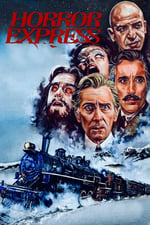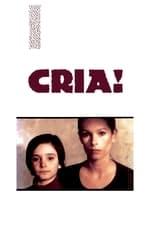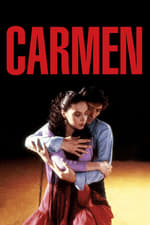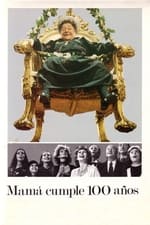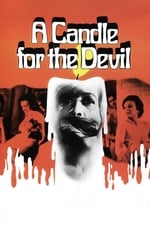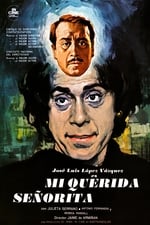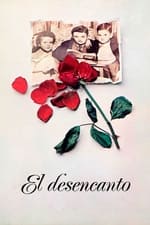Personal Info
Known For Camera
Known Credits 72
Gender Male
Birthday October 23, 1940
Day of Death December 21, 1997 (57 years old)
Place of Birth Sevilla, Spain
Also Known As
- Teodoro Escamilla
Content Score
100
Yes! Looking good!
Login to report an issue
Biography
Teodoro Escamilla Serrano; Seville, 1940 - Matanzas, Cuba, 1997 Spanish cinematographer. In contrast to directors of photography who were concerned above all with creating their own style, Teo Escamilla was always in favor of a patient craftsmanship in cinematographic lighting that allowed him to adapt it, scene by scene, to the director's vision and to the specific story.
He began his professional career as a photojournalist for publications such as Cine en 7 días, El Caso, the Madrid newspaper and the magazine Sábado Gráfico, and later as a television operator. In 1964 he became assistant cameraman on Llegar a más (1964, Jesús Fernández Santos) and the regular second operator for Luis Cuadrado, his mentor and teacher, whom he succeeded after his retirement due to illness in 1976 as director of photography on the films produced by Elías Querejeta.
He debuted as first operator in Las violentas (1974, Fernando Miranda), to later take over from Juan Antonio Ruiz Anchía in El desencanto (1976, Jaime Chávarri), and from then on developed an intense work that would make him one of the most outstanding operators in Spanish cinema. He frequently worked on films by filmmakers such as Carlos Saura, Jaime Chávarri, Jaime de Armiñán (with whom in 1979 he founded the production company A punto, later Serva Films), Víctor Erice, José Luis Borau and Manuel Gutiérrez Aragón, among others. For Carlos Saura's El amor brujo (1986), he received the Goya award for best cinematography.
After directing two short films, Quiero ser mayor (1976) and an episode of the collective film Cuentos para una escapada (1979), in 1983 he debuted as a feature film director with Tú solo, a story set in the world of bullfighting, which received the Special Mention for best new director at the San Sebastian International Film Festival, although his career as first director did not continue.
Teodoro Escamilla Serrano; Seville, 1940 - Matanzas, Cuba, 1997 Spanish cinematographer. In contrast to directors of photography who were concerned above all with creating their own style, Teo Escamilla was always in favor of a patient craftsmanship in cinematographic lighting that allowed him to adapt it, scene by scene, to the director's vision and to the specific story.
He began his professional career as a photojournalist for publications such as Cine en 7 días, El Caso, the Madrid newspaper and the magazine Sábado Gráfico, and later as a television operator. In 1964 he became assistant cameraman on Llegar a más (1964, Jesús Fernández Santos) and the regular second operator for Luis Cuadrado, his mentor and teacher, whom he succeeded after his retirement due to illness in 1976 as director of photography on the films produced by Elías Querejeta.
He debuted as first operator in Las violentas (1974, Fernando Miranda), to later take over from Juan Antonio Ruiz Anchía in El desencanto (1976, Jaime Chávarri), and from then on developed an intense work that would make him one of the most outstanding operators in Spanish cinema. He frequently worked on films by filmmakers such as Carlos Saura, Jaime Chávarri, Jaime de Armiñán (with whom in 1979 he founded the production company A punto, later Serva Films), Víctor Erice, José Luis Borau and Manuel Gutiérrez Aragón, among others. For Carlos Saura's El amor brujo (1986), he received the Goya award for best cinematography.
After directing two short films, Quiero ser mayor (1976) and an episode of the collective film Cuentos para una escapada (1979), in 1983 he debuted as a feature film director with Tú solo, a story set in the world of bullfighting, which received the Special Mention for best new director at the San Sebastian International Film Festival, although his career as first director did not continue.
Camera
|
||||||||||||||||||
|
||||||||||||||||||
|
||||||||||||||||||
|
||||||||||||||||||
|
||||||||||||||||||
|
||||||||||||||||||
|
||||||||||||||||||
|
||||||||||||||||||
|
||||||||||||||||||
|
||||||||||||||||||
|
||||||||||||||||||
|
||||||||||||||||||
|
||||||||||||||||||
|
||||||||||||||||||
|
||||||||||||||||||
|
||||||||||||||||||
|
||||||||||||||||||
|
||||||||||||||||||
|
||||||||||||||||||
|
||||||||||||||||||
|
||||||||||||||||||
|
||||||||||||||||||
|
||||||||||||||||||
|
||||||||||||||||||
|
||||||||||||||||||
|
||||||||||||||||||
|
||||||||||||||||||
|
Crew
|
|||||||||
|
|||||||||
|
|||||||||
|
|||||||||
|
|||||||||
|
|||||||||
|
Directing
|
|||
|
Acting
|
Production
|
Writing
|

